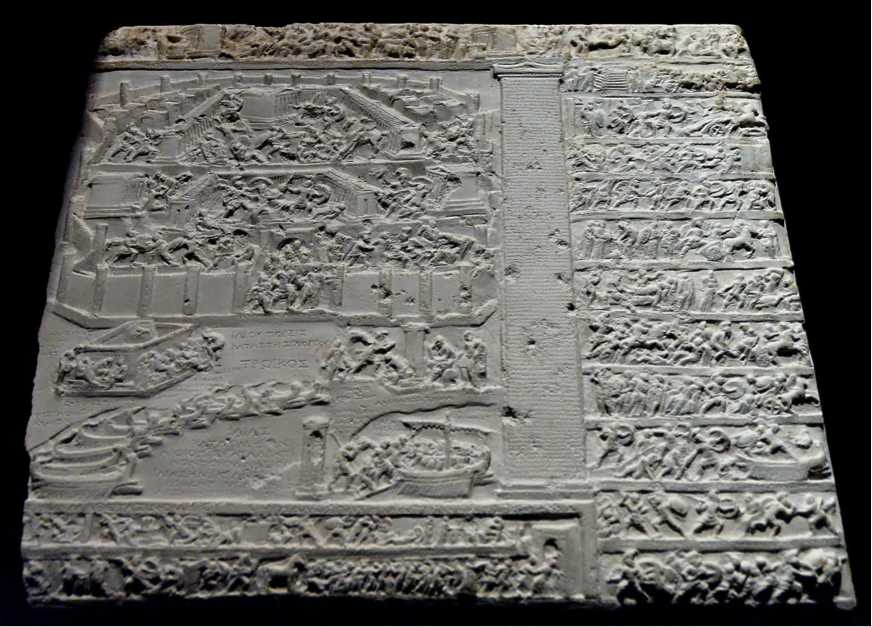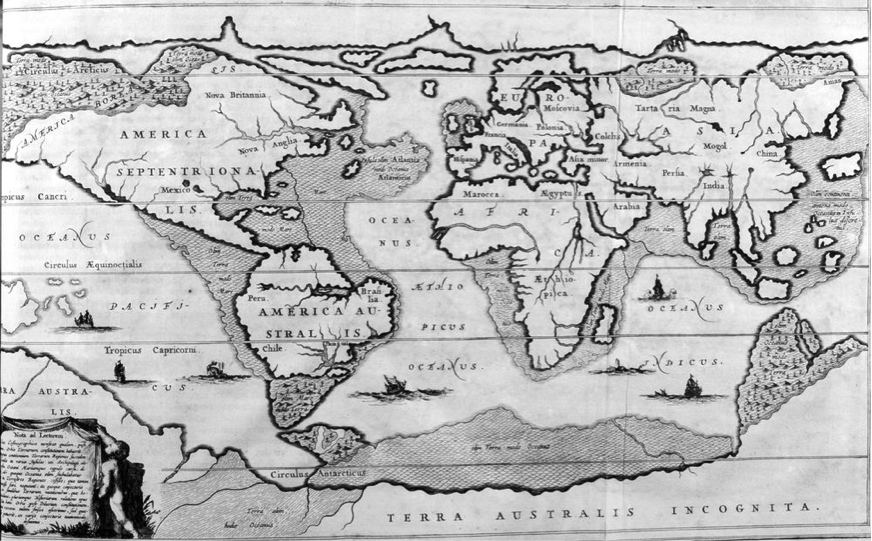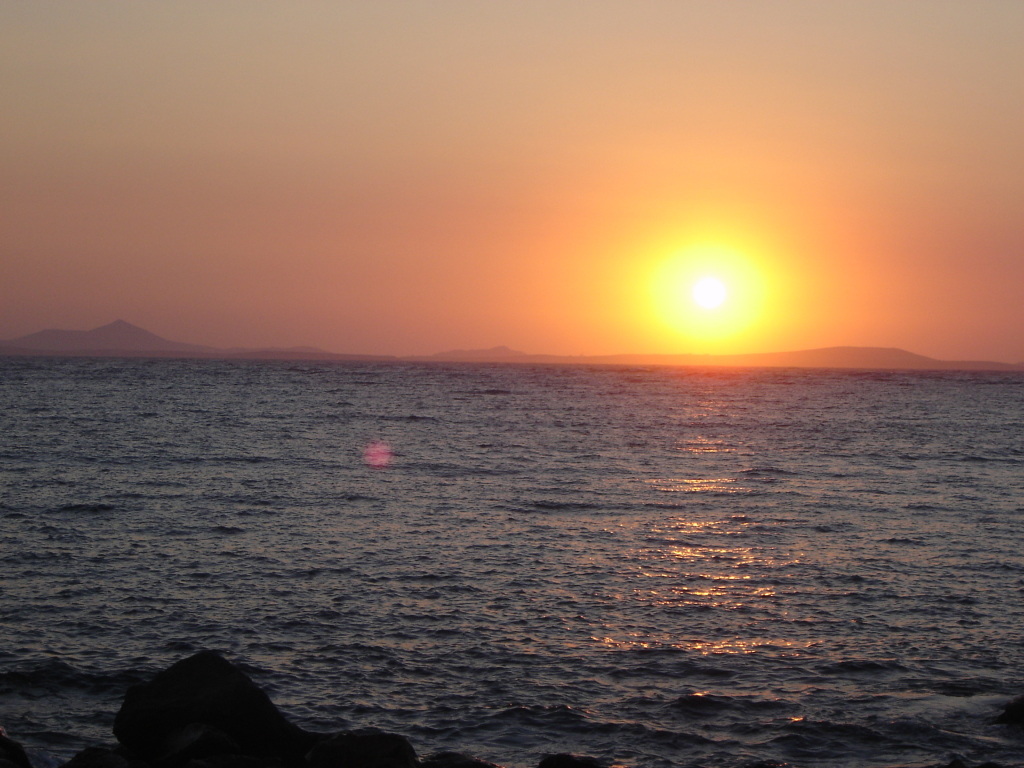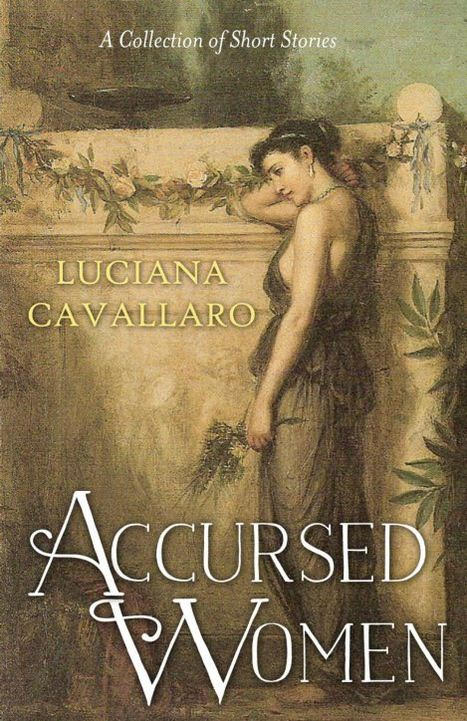Today I have a special guest on the blog.
Luciana Cavallaro is the author of a series of mythological retellings from the perspectives of some fascinating women in Greek myth.
When I read her book, The Curse of Troy, I knew that I wanted to have her write a guest post for Writing the Past. Luciana has a wonderfully unique style, and she gives these accursed women of Greek myth a voice that you may not have heard before.
So, without further ado, a big welcome to author, Luciana Cavallaro!
First, I’d like to thank Adam for inviting me to be a guest blogger. I’ve been following Adam’s blog for years now and enjoy reading about the Roman history, expansion and legacy they’ve left behind and learning about King Arthur and Medieval England. The latter is not one of my strongest or favourite periods of history, but I do enjoy reading Adam’s articles. I also want to apologise to Adam. He asked me last year to be a guest blogger and at the time I was finishing up my book and then time got away from me.
Let’s get into it
I’m a bit of a fan of mythology, in particular Greek myth, but I’m not an expert or purport to be one. I love the stories, learned a great deal from them and continue to do so. What I particularly enjoy are the links between the myths and historical fact.
Before I get into that, let’s address what mythology is. Here’s a dictionary meaning:
Mythology is a body of myths, especially one associated with a particular culture, person, etc. (Collins Concise Dictionary, 1989)
I prefer Joseph Campbell’s explanation:
There is a mythology that relates you to your nature and to the natural world, of which you’re a part. And there is the mythology that is strictly sociological, linking you to a particular society.
(Interview with Bill Moyers, The Power of Myth, 1986)
Myths are cultural as is history. If one digs (pardon the pun) deep enough, there is a correlation between the story and fact. Let’s take Jason of the Argonauts and his search for the Golden Fleece. In the Republic of Georgia, once annexed by Russia, the fleece of a sheep was used to trap golden grains dug from the river, or placed in the river banks and used in the same way.
Here’s a great article on this: Legend of the Golden Fleece was REAL: Greek myth originated near the Black Sea where miners used sheepskin to filter gold from mountain streams, geologists claim
I also watched a documentary of an Australian photo journalist who was trying to find the cities Alexander the Great founded in the Middle East. He watched Afghan miners use this technique to find gold in the riverbeds 4000 years on.
The journey from Jason’s home of Iolkos (Thessaly) to Georgia some distance away was dangerous. It is possible the story of the skills and craftsmanship of the Colchians who developed smelting and casting metals for agriculture and making jewellery found their way to Greece. This was something the ancient Greeks wanted, and the gold.

“Jason Pelias Louvre K127” by Underworld Painter – Marie-Lan Nguyen (2006) Licensed under Public Domain via Wikimedia Commons
Another is the great story of Troy in Homer’s Iliad, which is a famous tourist site, and I did get to see. It is massive just as Homer stated. The lofty walls the Greeks couldn’t penetrate are there, and what is left is tall and slopes inwards. Hittite texts confirmed the site of Ilios, which they called Wilusa and identified Alaksandu/Alexander as one of the city’s kings. Alexander was the Greeks’ name for Paris. The texts also mention an invading force from the west, Ahhiyawa, that closely resembles Homer’s name for the Greeks, Achaeans. What historians have concluded is Homer’s story is a collective memory of the various invasions on Troy over centuries and its eventual downfall.

Hittite tablet recounting the events of the fall of Troy by Unknown – Jastrow (2006). Licensed under Public Domain via Wikimedia Commons
The fact that the site of Troy exists, as does Mycenae, home of King Agamemnon, does give credence to the mythologies. But like all stories, you can’t let facts get in the way of telling a good tale.
I do believe the more we delve into the myths, the more facts we’ll find in history. As with the current series I’m writing on my blog Eternal Atlantis, on the Atlantis myth, I believe such a place did exist. Like Homer’s Iliad, the enduring legend of Atlantis is a conglomeration of memories and oral histories to explain the rise and fall of a mighty empire. Look through the timeline of history and you will find many periods of great empires and their demise, either through war or a natural disaster.

Kircher’s 1675 map of the world after the Great Flood. The location of Atlantis is marked in the Atlantic Ocean. (Print Collector/Getty Images)
Myths, like all stories, have morals and a message to relate. One day, I hope we will be smarter and take heed of these so we don’t keep repeating these transgressions. In a hundred or thousand years to come, people will question our mythology. What mythology will we leave behind?
I’d love to know your thoughts on the veracity of myths in our history.
I’d like to thank Luciana for taking the time to write this fascinating post for us. I’m so jealous of her trip to Troy, a place which I have wanted to visit for a long time. Ah, someday…
Mythology is truly fascinating, and there is a lifetime and more of stories for us to enjoy and learn from.
If you enjoy mythology as much as I do, you’ll definitely want to check out Luciana’s book, Accursed Women, or pick up one of the many short stories she has out. She also has a new book entitled Search for the Golden Serpent which I’m looking forward to reading.
Also, be sure to sign up for her E-bulletin so that you can receive her very interesting blog posts to your e-mail. By signing up, you’ll receive The Curse of Troy for FREE!
I always look forward to reading her posts as they are a fantastic escape from the everyday. The blog series on Atlantis is titantic!
Please leave any questions or comments for Luciana in the comments below, and, once again, thank you for reading…



